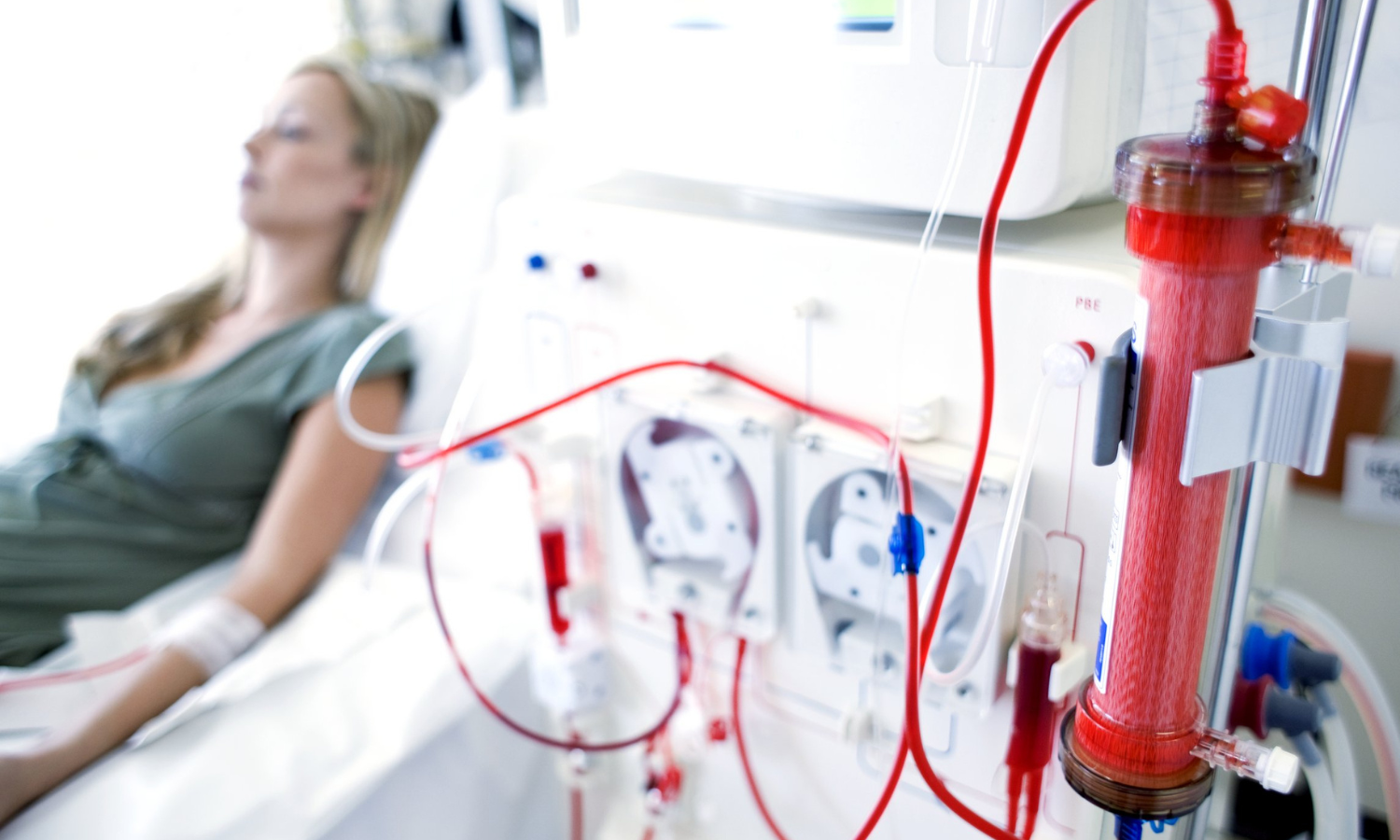Outpatient or Home Dialysis Treatment?
If you or a loved one has been diagnosed with kidney disease or end-stage renal disease (ESRD), you may find yourself facing the decision between outpatient and home dialysis treatment options. Making the right choice is essential for managing your condition and maintaining your quality of life. In this blog post, we will explore the differences between outpatient and home dialysis treatments, weigh the pros and cons of each, and discuss the factors to consider when making this important decision.
Overview of Dialysis Treatment Types
There are two main types of dialysis treatments: hemodialysis and peritoneal dialysis. Both of these treatments can be done at a dialysis center (outpatient) or in the comfort of your own home.
In-center hemodialysis (outpatient): In-center hemodialysis is the most common form of dialysis treatment. This method involves visiting a dialysis center three times a week for sessions that last about four hours each. During these sessions, your blood is filtered through a machine to remove waste and excess fluids before being returned to your body [1].
Home hemodialysis: Home hemodialysis offers the same treatment as in-center hemodialysis, but it's done in the comfort of your own home. You will need to have the necessary equipment installed and undergo training to perform the treatment safely [2].
Continuous Ambulatory Peritoneal Dialysis (CAPD): CAPD is a type of peritoneal dialysis that can be done at home without a machine. You'll manually exchange dialysis fluid in your abdominal cavity four to five times a day to remove waste and excess fluids from your body [3].
Automated Peritoneal Dialysis (APD): APD, also known as continuous cycling peritoneal dialysis (CCPD), is another home-based peritoneal dialysis treatment. It uses a machine called a cycler to automatically perform fluid exchanges while you sleep [4].
Pros and Cons of Outpatient Dialysis
Benefits of in-center hemodialysis
Regular interaction with healthcare professionals
No need to install equipment at home
Opportunities to socialize with other patients
Drawbacks of in-center hemodialysis
Traveling to the dialysis center multiple times a week
Fixed treatment schedule
Less flexibility for travel and other activities
Pros and Cons of Home Dialysis
Benefits of home hemodialysis and peritoneal dialysis
Greater flexibility and independence
Option to perform treatment more frequently, leading to better overall health
Lower risk of infection compared to in-center hemodialysis [5]
Drawbacks of home hemodialysis and peritoneal dialysis
Responsibility for managing treatment and equipment
Need for a suitable space at home for treatment and storage of supplies
Possibility of feeling isolated without regular interaction with healthcare professionals and other patients
Factors to Consider When Choosing the Right Dialysis Treatment
Lifestyle and personal preferences
Consider your daily routine, work schedule, and personal preferences when making your decision. Some individuals prefer the convenience and social aspects of outpatient dialysis, while others value the independence and flexibility of home dialysis.
Health condition and treatment requirements
Your overall health and specific treatment requirements play a significant role in determining the best option for you. Discuss these factors with your healthcare team to make an informed decision.
Cost and insurance coverage
Compare the costs of outpatient and home dialysis treatments, and review your insurance coverage to determine which option is more affordable for your situation.
Support system and care
A strong support system is crucial for maintaining your health and well-being during dialysis treatment. Consider whether you have friends, family members, or caregivers who can provide the necessary support and assistance, especially if you opt for home dialysis
Ready to Take the Next Step?
Ultimately, the choice between outpatient and home dialysis treatment comes down to your personal preferences, lifestyle, health needs, and support system. It's crucial to discuss your options with your healthcare team, who can provide valuable insight and guidance to help you make the best decision for your unique situation. If you or a loved on have any questions or concerns about which dialysis treatment to consider, schedule a consultation with our specialists at Indiana Vascular, so we can help tailor the right treatment plan for your needs. Remember, your quality of life and overall health are the top priorities, so choose the dialysis treatment that best aligns with your individual needs and preferences.
Sources
National Kidney Foundation. (2021). Hemodialysis. Retrieved from https://www.kidney.org/atoz/content/hemodialysis
National Kidney Foundation. (2021). Home Hemodialysis. Retrieved from https://www.kidney.org/atoz/content/home-hemo
National Kidney Foundation. (2021). Continuous Ambulatory Peritoneal Dialysis (CAPD). Retrieved from https://www.kidney.org/atoz/content/peritoneal
DaVita Kidney Care. (n.d.). Automated Peritoneal Dialysis (APD). Retrieved from https://www.davita.com/treatment-services/peritoneal-dialysis/home/apd
American Kidney Fund. (n.d.). Home hemodialysis vs in-center hemodialysis: pros and cons. Retrieved from https://www.kidneyfund.org/kidney-disease/chronic-kidney-disease-ckd/treatment/home-hemodialysis-vs-in-center-hemodialysis-pros-and-cons.html

